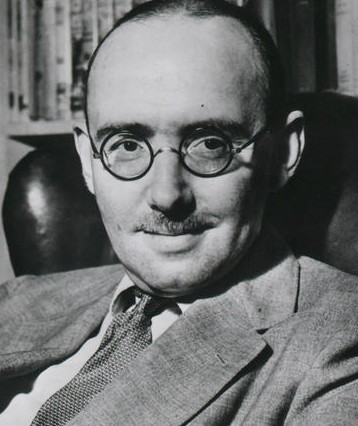Introduction
Born in Bethlehem, Pennsylvania, Stephen Vincent Benèt (1898–1943) was a prolific poet who authored nearly a dozen books in the course of his career. Despite a bout of scarlet fever at the age of three that permanently affected his eyesight and overall health, Benèt loved to read and write. The poetry he wrote as a young teenager quickly caught the attention of others. By 1915, he had already published his first poetry collection, Five Men and Pompey. Benèt attended Yale University, where he excelled in his studies and became editor of the student literary magazine. He continued to write poetry after leaving Yale, with two of his works—John Brown’s Body (1928) and Western Star (published posthumously in 1943)—winning Pulitzer Prizes. He also wrote short stories, the best known of which include “The Devil and Daniel Webster” (1936), “By the Waters of Babylon,” (1937), and “The King of Cats” (1937). In 1943, at the age of 44, he suffered a heart attack while in New York City and died.
“American Names,” first published in Ballads and Poems, 1915–1930, celebrates American place-names as poems in and of themselves. The poem also examines the differences between “the sharp names that never get fat” of American towns and the “silver spoons” of European cities. As you read the poem, look up any names with which you are unfamiliar. Additionally, reading the poem aloud will help you to maximize the difference in sounds between the American names and the European ones. How do the sounds of the names differ? What emotions do they evoke? What are the reasons Benèt lists for remembering—and loving—American names?



Post a Comment